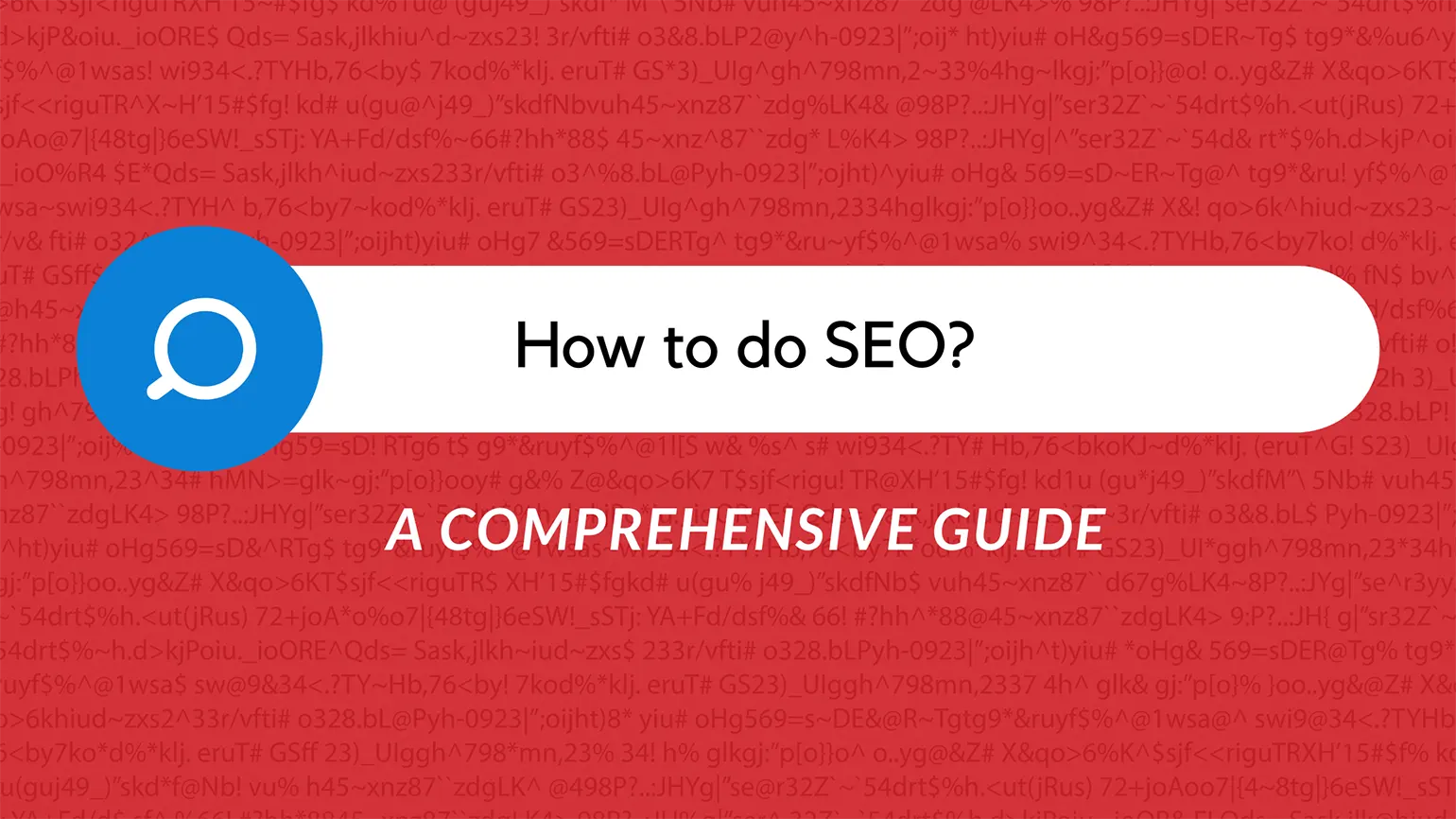How to write content for Google
By Brendan Byrne Monday, December 4, 2023

Google's People-First Content Philosophy
Google emphasizes the creation of content that genuinely benefits users rather than focusing solely on SEO rankings. This user-centric approach is central to ranking well in Google's search results. The guidelines are structured to assist content creators in self-evaluating their work for quality and relevance.
Self-Assessment of Content
Content creators are encouraged to introspectively evaluate their content against a set of questions. These questions probe the originality, depth, and value of the content, its editorial quality, and whether it contributes meaningful insights beyond mere reproduction of existing sources. The importance of unbiased third-party evaluations and audits for content drops is also stressed.
Questions Guiding Content Quality
- Originality and Depth: Does the content offer new information, thorough research, or in-depth analysis? Is it comprehensive and insightful?
- Editorial Quality: Are there spelling or style issues? Does it seem well-produced and thoughtfully crafted?
- User Engagement: Would users bookmark, share, or recommend the content? Is it worthy of mainstream media references?
- Comparison with Competitors: How does it stand out in terms of value when compared to similar content in search results?
Expertise and Trustworthiness
Content should be created by or reviewed by experts in the relevant field. It should be factually accurate, trustworthy, and provide clear evidence of the author's or site's expertise and authority. This aspect is critical in establishing content reliability and user trust.
Optimizing Page Experience
Google rewards content that offers a good page experience. This encompasses a holistic approach to website design and user interaction, rather than focusing on isolated aspects of page experience.
Emphasizing People-First Content
The guide underscores the need for content to be people-first, i.e., primarily designed for user benefit rather than search engine manipulation. Questions to assess whether content meets this criterion focus on its usefulness to the target audience, demonstration of first-hand expertise, and the overall satisfaction and learning outcome for the reader.
Avoiding Search Engine-First Content
Content created mainly to attract search engine traffic, covering a wide array of topics superficially or using automation for mass production, is discouraged. Such practices can lead to poor user experience and are likely to be less favorable in search rankings.
Understanding SEO in Context
SEO, while important, should be applied to people-first content. Good SEO practices help search engines discover and understand content but should not compromise the primary goal of serving the user's needs.
E-E-A-T: The Core of Google's Ranking System
Google uses a mix of factors to determine content quality, focusing on experience, expertise, authoritativeness, and trustworthiness (E-E-A-T). Trust is a crucial component, especially for content on topics that significantly impact users' lives or societal well-being (Your Money or Your Life topics).
Role of Search Quality Raters
Google employs search quality raters to provide feedback on algorithm effectiveness. These raters assess content based on E-E-A-T criteria. Their feedback helps Google refine its algorithms but does not directly influence individual page rankings.
Evaluating Content with the "Who, How, and Why" Approach
- Who: Clear authorship and expertise indicators help users understand the credibility of the content.
- How: Details about content creation, especially when involving automation or AI, should be transparent to build trust.
- Why: The primary purpose of content creation should be to serve users, not manipulate search rankings.
Conclusion
Google's guidelines emphasize creating high-quality, user-focused content that demonstrates expertise, authoritativeness, and trustworthiness. Marketing managers should prioritize these elements to ensure their content aligns with Google's criteria for better search ranking and user engagement. The guide encourages a holistic approach, encompassing content quality, page experience, and ethical SEO practices. By focusing on these key aspects, marketers can create content that not only ranks well but also genuinely serves and engages their target audience.
reference: https://developers.google.com/search/docs/fundamentals/creating-helpful-content

